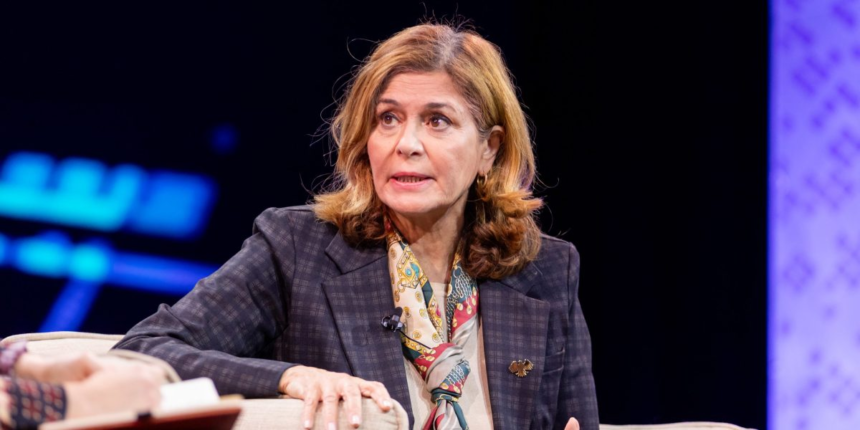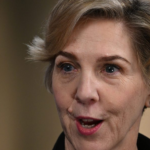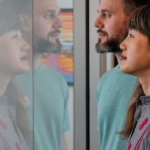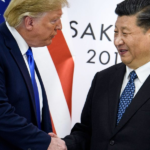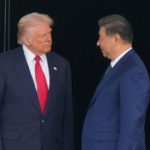The challenges remain monumental. She described the immense poverty that she witnessed when she visited Damascus after her exile ended: “The economy is in shambles. The banking system is still comatose.” She explained that her ministry, formed from the combination of preexisting social affairs and labor ministries, is responsible for all of Syria’s vulnerable communities such as orphans, refugees, and people with special needs. She told Gorani that she is working on a “special social protection program” to fight poverty. Accurate statistics are hard to come by, she said, but she estimated the poverty rate at almost 90%. Yet, she insisted, patience and cooperation are Syria’s only way forward. “There’s no magic stick,” Kabawat said plainly. “Only hard work.”
Throughout the conversation, Kabawat repeatedly emphasized that “inclusivity is key,” noting that Syria has many religions and ethnicities. “Syria is a mosaic,” she said. Alawites, Kurds, Druze, Sunnis, all must play a part in rebuilding the country, she noted. “We cannot control Syria by power.” The only way forward is to include people and to listen to them and their suffering.
She described visiting families from once-warring communities and finding the same unifying longing: They all want the same thing, she said: a school for their children, a clinic, and a safe home.
Minister Kabawat’s optimism comes despite immense obstacles. The promised lifting of sanctions and more than $6 billion in pledged reconstruction aid from Saudi Arabia have yet to trickle down to the daily lives of ordinary Syrians. “It’s taking time,” she acknowledged. “People don’t understand how long change can take. But it will come.”
She emphasized that the immediate priorities are restoring electricity and water, followed by expanding social protection programs to offer a safety net for the poor. “Once money goes into social protection and helping the poor and making a better system, people will start feeling it,” she said.


